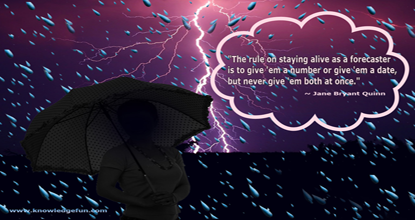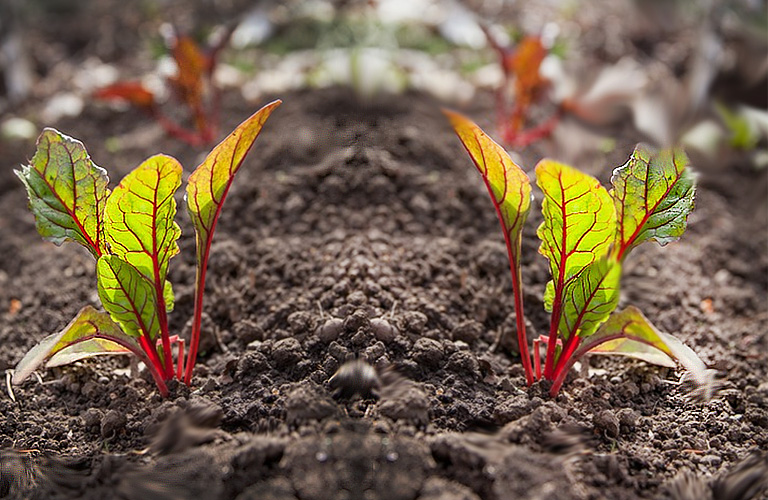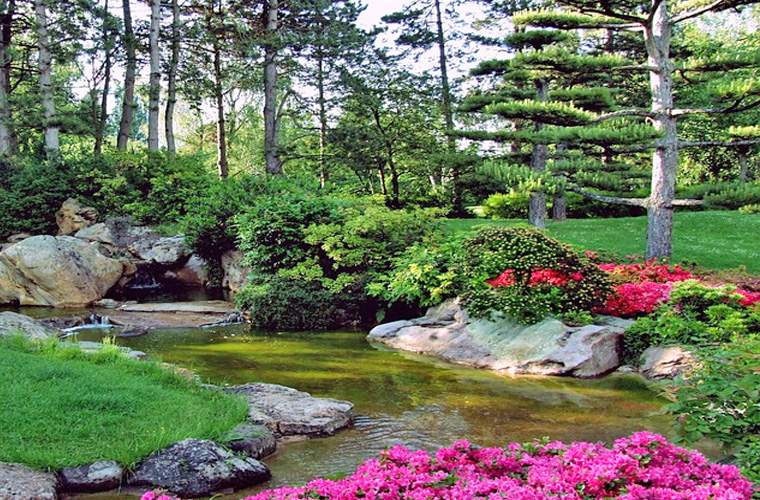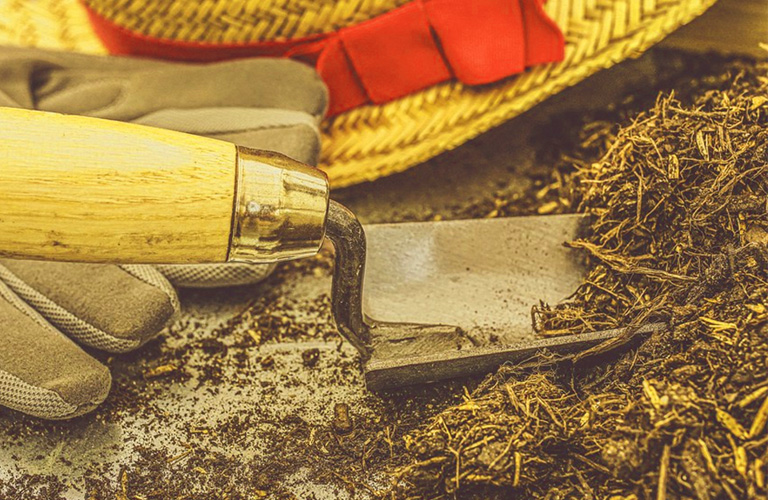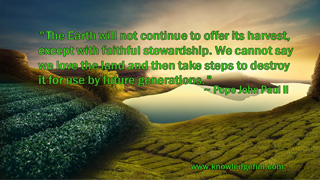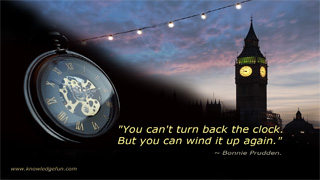A compost pile is actually a fast-track method of changing crude organic materials into something resembling soil, called humus. But the word "humus" is often misunderstood, along with the words "compost," and "organic matter." And when fundamental ideas like these are not really defined in a person's mind, the whole subject they are a part of may be confused. So this chapter will clarify these basics.
Compost making is a simple process. Done properly it becomes a natural part of your gardening or yard maintenance activities, as much so as mowing the lawn. And making compost does not have to take any more effort than bagging up yard waste.
Handling well-made compost is always a pleasant experience. It is easy to disregard compost's vulgar origins because there is no similarity between the good-smelling brown or black crumbly substance dug out of a compost pile and the manure, garbage, leaves, grass clippings and other waste products from which it began.
Precisely defined, composting means 'enhancing the consumption of crude organic matter by a complex ecology of biological decomposition organisms.' As raw organic materials are eaten and re-eaten by many, many tiny organisms from bacteria (the smallest) to earthworms (the largest), their components are gradually altered and recombined. Gardeners often use the terms organic matter, compost, and humus as interchangeable identities. But there are important differences in meaning that need to be explained.
This stuff, this organic matter we food gardeners are vitally concerned about, is formed by growing plants that manufacture the substances of life. Most organic molecules are very large, complex assemblies while inorganic materials are much simpler. Animals can break down, reassemble and destroy organic matter but they cannot create it. Only plants can make organic materials like cellulose, proteins, and sugars from inorganic minerals derived from soil, air or water. The elements plants build with include calcium, magnesium, potassium, phosphorus, sodium, sulfur, iron, zinc, cobalt, boron, manganese, molybdenum, carbon, nitrogen, oxygen, and hydrogen.
FIND OUT MORE:

So organic matter from both land and sea plants fuels the entire chain of life from worms to whales. Humans are most familiar with large animals; they rarely consider that the soil is also filled with animal life busily consuming organic matter or each other. Rich earth abounds with single cell organisms like bacteria, actinomycetes, fungi, protozoa, and rotifers. Soil life forms increase in complexity to microscopic round worms called nematodes, various kinds of mollusks like snails and slugs (many so tiny the gardener has no idea they are populating the soil), thousands of almost microscopic soil-dwelling members of the spider family that zoologists call arthropods, the insects in all their profusion and complexity, and, of course, certain larger soil animals most of us are familiar with such as moles. The entire sum of all this organic matter: living plants, decomposing plant materials, and all the animals, living or dead, large and small is sometimes called biomass. One realistic way to gauge the fertility of any particular soil body is to weigh the amount of biomass it sustains.

